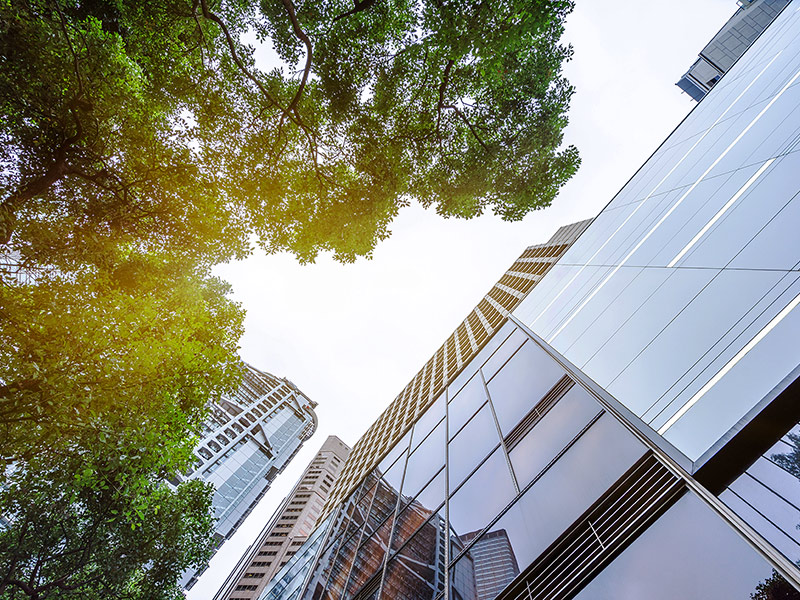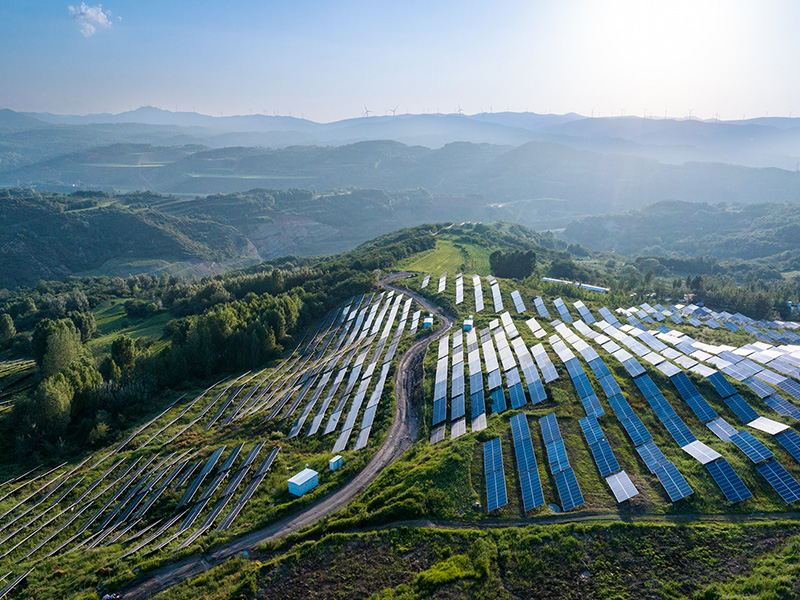
Photo by taka4332 on iStock
As we reach the midway point of 2025, we’re experiencing yet another year of profound change for the world of business. At the start of the year, I laid out Ten Big Questions Facing Sustainable Business Leaders in 2025. Few of these questions have been answered definitively—and in fact, even more questions have emerged.
Some answers, however, have come to the forefront and can help to guide sustainable business leaders as we continue to navigate an extended period of ongoing and intense change.
Despite the uncertainty, some important clarity is emerging about how to reposition sustainability, not only to survive amidst challenge, but also to provide a path forward for business more generally. Through discussions with my BSR colleagues, our member companies, and the wider community, a picture of how to move forward is becoming clear:
- Sustainable business priorities, and the supporting narrative, need to change and put people more firmly in the frame. The political and policy pushback against sustainability in many parts of the world is happening because our agenda does not resonate with the general public and is subject to political attacks, which often distort what sustainable business is actually about. The finer points of net zero are no match for rising energy bills. Commitments to diversity can easily be caricatured at a time when people are experiencing anxiety about their jobs, and rising generations have little hope that they will live better than their parents. 2025 may be remembered as the year that we “changed the sustainability narrative” and reclaimed the argument that sustainability delivers human progress. This will only work if people are put front and center, if we use language that real people use, and if we address peoples’ needs in 2025, not 2030, let alone 2050. In September, BSR will publish a reframing of the sustainable business agenda, and we hope that provides both inspiration and an invitation to dialogue. We invite you to subscribe to BSR’s newsletter to stay informed.
- The sustainable business community needs to be more fully prepared for the coming AI revolution. It seems clear from interactions with our member companies that it is very early days when it comes to making sense of how AI will shape, and likely define, the next phase of sustainable business. Four key questions will come to define how well—and how responsibly—companies are deploying AI. First, and building on extensive work BSR has conducted with member companies in the tech sector and beyond: is AI being deployed in a way that respects human rights and privacy? Second, will companies ensure that the energy needed to support growth in AI does not produce a U-turn on emissions, and will companies capture the potential for AI to reduce emissions and nature loss? Third, how can companies deploy AI in a way that does not lead to the massive job loss that Anthropic CEO Dario Amodei is predicting? Finally, will companies make better use of AI for managing their sustainability actions, for example by automating data collection and communication? BSR will continue to offer ways for companies to understand and act upon both the opportunities and dilemmas presented by AI.
- Resilience is growing more important by the day and should be a higher priority for companies. Even as the drive to keep emissions under control remains crucial, resilience will be increasingly important. This is a close cousin of traditional enterprise risk management and business continuity. A robust approach to resilience—which very few companies have yet embraced in a comprehensive way—will be considerably more important for the foreseeable future. There are aspects of resilience that play to the unique strengths of sustainable business leaders. A strong approach to resilience depends on collaboration, foresight, understanding of stakeholder views, and a synthesis of social and environmental and policy matters. All this provides an important pathway to reinforcing and reconceptualizing the business value of sustainability, and it also speaks to very clear and present needs of people and communities. By emphasizing foundations of strong sustainability governance through thoughtful leadership and strategic oversight, companies will be better positioned to navigate turbulence, build resilience, and create long-term value.
- The relative pullback of regulation is an opportunity to refocus on building rather than complying. The steady advance and convergence of sustainability regulation has largely stalled, and in some places, gone into reverse. On balance, this is an unfortunate development, as we lose—for now—some of the clarity and consistency that was driving some forms of action. This period, though, also provides some benefits. We hope that the resources that were dedicated to validating data can be directed back to achieving the progress that the data represented. We also know that compliance creates a floor for companies, but has never been the real driver of sustainability, innovation, or partnership, let alone an ambitious vision. Let us take advantage of this period to recommit to the creative, forward-looking mindset that has always been the best of sustainable business.
- The business voice, while currently muted, needs to be heard. Finally, despite many evident risks in a challenging political environment, it is time for business to speak up loudly and clearly, and use its influence. If we were to rank the top ten sustainability clichés for 2025, “we are still taking action, we’re just not talking about it” would be at the top of the list. The business voice has been stilled. We know from speaking with many of our members that this has confused, and at times enraged, employees. If policymakers are hearing only from ideological opponents of sustainable business, we will not create the policies we need. And if business leaders do not regain their footing when it comes to advocating for rule of law, open societies, and respect for people, the business environment will degrade. So yes, consider carefully how to speak publicly, but not whether to do so.
While we don’t yet have clear answers to the 10 questions we posed at the start of the year, we do see five building blocks to a remade approach to sustainable business that will meet the present moment and convey value for business, people, and communities. Sustainable business is on the right side of history. If we look back in 2030 and see that we took up today’s challenges to reinforce value, reorient priorities, and refresh our narrative, we will have made the most of this moment.
BSR’s latest sustainability insights and events straight to your inbox.
Topics
Let’s talk about how BSR can help you to transform your business and achieve your sustainability goals.








